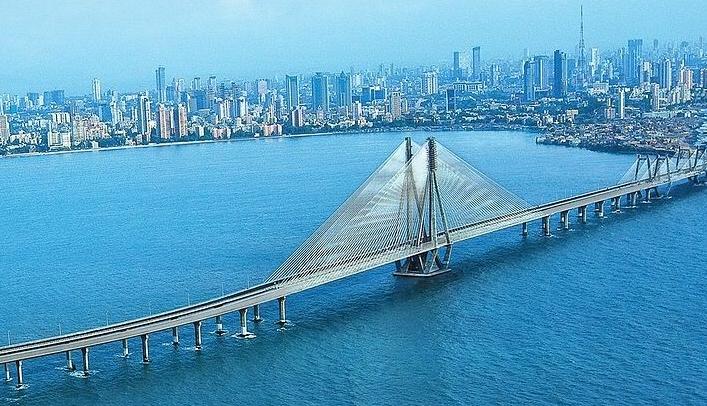Picture a train in Mumbai, India in 2006. It’s loud, full of people clamoring to get home from work. Then, starting at 6:30, a series of blasts ripped apart the first class cabins of multiple trains running on the backbone of the city’s network. The bombs were retrofitted pressure cookers, similar to the infamous Boston Marathon bombings in 2013. When the dust settled 11 minutes later, 200 people were dead and another 700 were injured.
These blasts sent authorities into high alert; both airports and Mumbai were sent into lockdown, and the subway was temporarily closed. Police found and quickly diffused another explosive on the Churchgate-Variar line. Authorities trying to help victims stuck in the wreckage were significantly hampered by the heavy rain that night, but when other people who were on the trains began to help, the relief effort sped up quickly. At the end of the crisis, 12 people were arrested and charged with the crime.
After nine long years, the trial is complete. Last week, the Indian court decided to carry out the death penalty on five of the arrested suspects.


